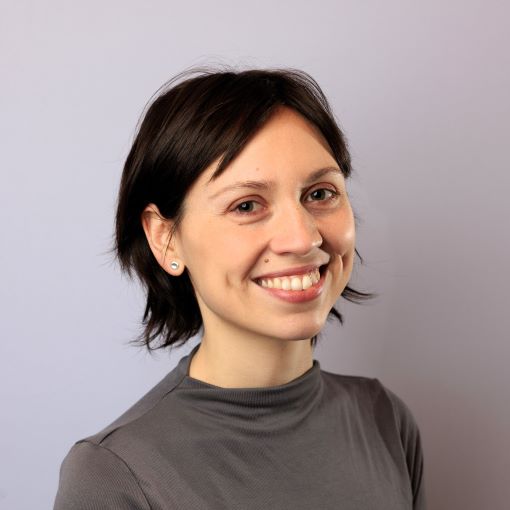
Catherine Mas, Ph.D., is assistant professor of history at Florida International University.
Catherine Mas is a historian of science, medicine, and society, whose research and teaching focus on modern U.S. history in transnational context. Her recent book, Culture in the Clinic: Miami and the Making of Modern Medicine (2022), examines the history of health and healing in Miami alongside the rise of medical anthropology. Delving into a period of rapid social change following the 1959 Cuban Revolution, she shows how Latinx immigrants transformed U.S. healthcare, as the healthcare system learned to manage a racially and ethnically diverse population.
Her current project, a cultural history of primatology, expands on her previous research on the human sciences and their role in negotiating the boundaries of race, gender, and nation. It centers on Cuban heiress and amateur naturalist Rosalía Abreu (1862–1930), whose extraordinary collection of apes helped launch a new era of medical experimentation and psychological research. The vantage point from Abreu's Havana sheds new light on the transnational, cultural, and scientific currents through which nonhuman primates traveled in the early twentieth century—and with them, new ideas about the nature of humanity.
Dr. Mas's work on the histories of medicine, gender, race, and technology has appeared in scholarly journals including the Bulletin of the History of Medicine and Technology and Culture. She has also written for popular audiences, providing a historical perspective on contemporary debates around healthcare access and diversity training. She was awarded a postdoctoral fellowship from the National Endowment for the Humanities (2023–24) for her new book, Sweet Captivity: A History of Primate Science from Cuba to the United States
Professor Mas earned a Ph.D., M.A., and M.Phil. in history at Yale University. She also holds a B.A. in history from Columbia University.